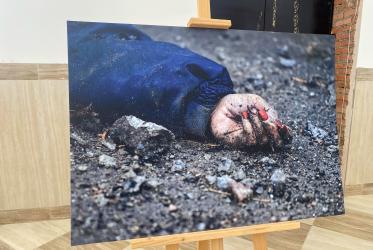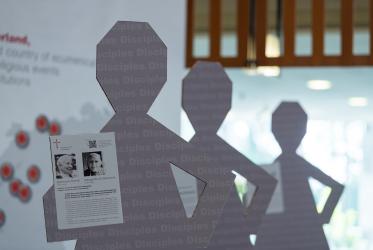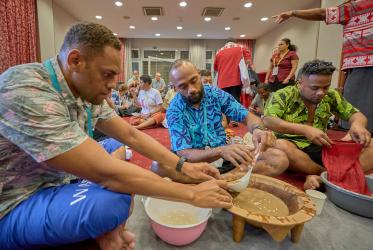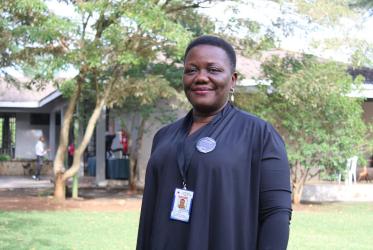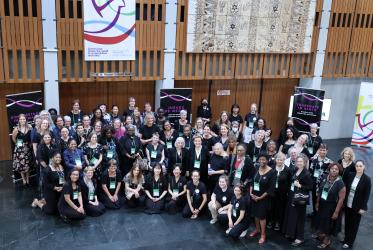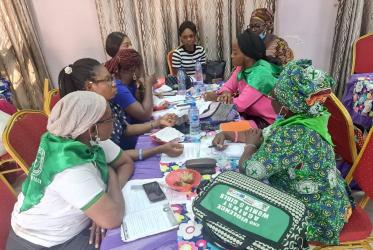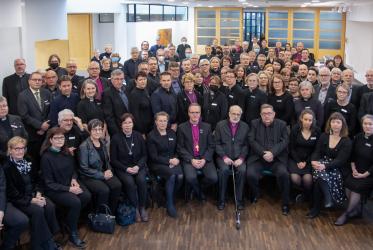Displaying 1 - 19 of 19
06 February 2024
Tackling sexual violence in war
14 December 2023
A not aspired career that just happened
30 November 2022
Regional perspectives brought to the 11th Assembly
05 September 2022
Nigerian churches train women and girls on human rights
20 December 2021
Churches can address root causes of femicide—and webinar reveals how
01 December 2021


